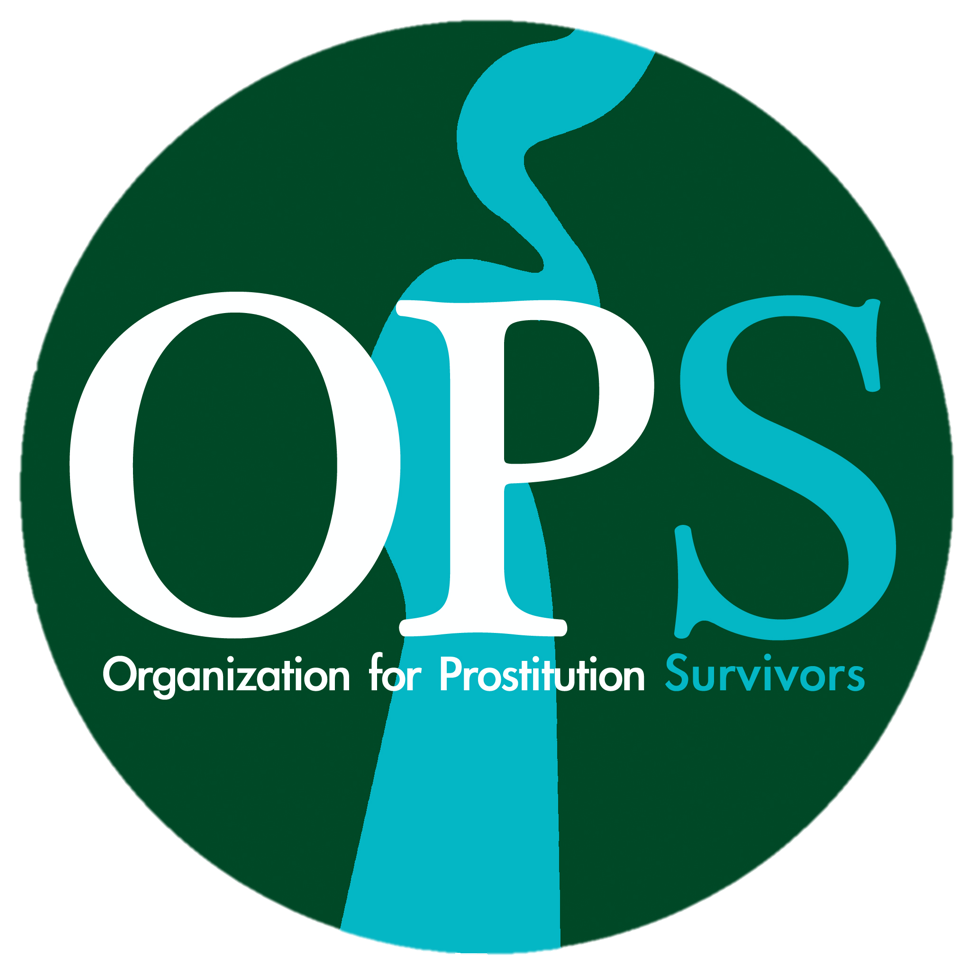Why Survivors of Commercial Sexual Exploitation Don't Often Ask for Help
Today, we delve into understanding why many survivors of commercial sexual exploitation (CSE) might hold back from seeking the help they want and deserve. We shed light on the many reasons that can impair the road to recovery, each as valid and complex as the other.
Walking hand-in-hand with Betrayal
When the individuals who were pledged to provide love, care, and protection instead inflict emotional betrayal, it shatters trust. When the very people we counted on to protect and cherish us betray our trust, it shatters our belief in the sincerity of support, making it conditional at best. This kind of toxicity often shapes one's adult life, making it hard to believe in others' genuine loving support.
Shame
Shame engulfs many survivors, depending on the nature of their trauma. Survivors beaten, verbally or sexually abused or trafficked by a primary caregiver can misinterpret this abuse as their own fault. Carrying this shame into adulthood can magnify these feelings, making them feel 'unworthy' of healing, love, and protection. OPS wants to reassure you all: The shame is not yours. The fault lies with the abuser.
Trauma Bonds
Characteristics of traumatic bonding – which includes intermittent positive and negative reinforcement – can harbor a deep, toxic bond between the abuser and the survivor. The interchange of abuse and 'kindness' can foster a dangerously strong bond between the abuser and the survivor, often nurturing a false hope for better days. In OPS, we strive to break those bonds, offering a supportive space for healing and understanding.
The Stranglehold of Learned Helplessness
A term coined by Martin Seligman, learned helplessness refers to the condition where individuals stop trying to escape from their negative situation. Instead of inability, it's the ingrained belief of helplessness that restrains survivors, leading them to accept abuse as their unchangeable reality.
Repeating Past Patterns
Survivors often fall in sync with what feels familiar, even if it's an unhealthy relationship. When toxicity is a familiar landscape, healthy bonds may appear alien and discomforting. At OPS, we believe there is a life beyond the known. Healthy relationships shouldn't be feared but embraced, and toxicity shouldn't be the 'normal' pursuit.
Unraveling the Journey to Healing
OPS offers a compassionate and understanding space to process your traumas, free from judgment. Our strong, survivor-focused community is committed to the healing and recovery process, holding an unwavering belief that everyone can reach a place of safety and empowerment.
Remember, every voice matters in combating commercial sexual exploitation. We honor your strength and resilience for joining us in shedding light on these issues, in the pursuit of a supportive, empathetic world free from gender-based violence and sexual exploitation. Because at OPS, survivors aren't just heard; they're seen, understood, and empowered.


